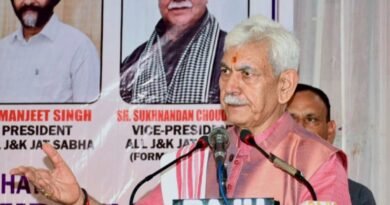Himachal’s Unusual Wedding: One Bride, Two Grooms — A Centuries-Old Tradition Celebrated Openly
Shimla | July 19, 2025
In a rare and culturally significant event, a polyandrous wedding was openly celebrated in the Trans-Giri region of Himachal Pradesh, where one bride married two brothers, reviving a centuries-old tradition that has largely faded in modern times.
The unique ceremony, held in broad daylight with full community participation, has drawn attention across the country for its honesty, tradition, and cultural significance. Unlike secretive or hushed accounts of similar unions in the past, this wedding was conducted with complete mutual consent from all parties, in the presence of village elders and family members.
The tradition of polyandry, where a woman marries multiple men — usually brothers — has existed in various Himalayan regions, including parts of Himachal Pradesh and Uttarakhand. Rooted in ancient customs and often tied to economic and social structures of mountainous communities, this practice was historically aimed at keeping family land undivided and maintaining joint family systems.
In this particular case, villagers said the marriage was conducted “with love, mutual understanding, and deep respect” among the bride and her two grooms. The brothers, who come from a farming background, told local media that they chose this path in line with family tradition and community values.
Kashmiri News Live
“We’re happy and proud of our decision,” said one of the grooms. “We didn’t want to hide it. This is our way of life.”
The ceremony included all traditional rituals — from mehndi and pheras to community feasting, just like any other Indian wedding.
Social media has reacted with mixed views — some applauding the honesty and cultural preservation, others questioning gender roles and legal implications. But for the villagers, it was simply a matter of celebrating an age-old custom without shame.
Urdu NEWS LIVE
While polyandry is not legally recognized under Indian marriage law, such unions still exist in practice, particularly in remote and tribal belts of the country where tradition holds strong.




